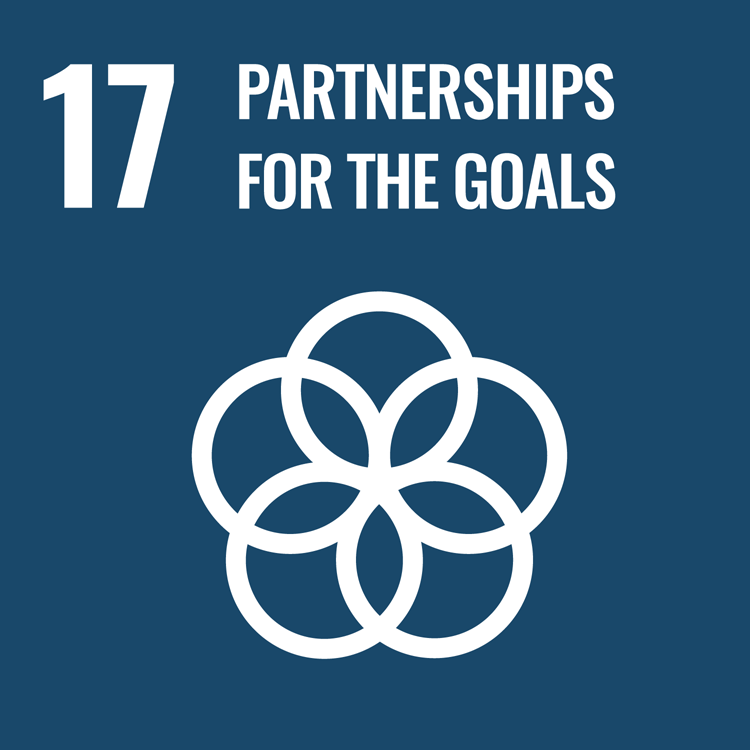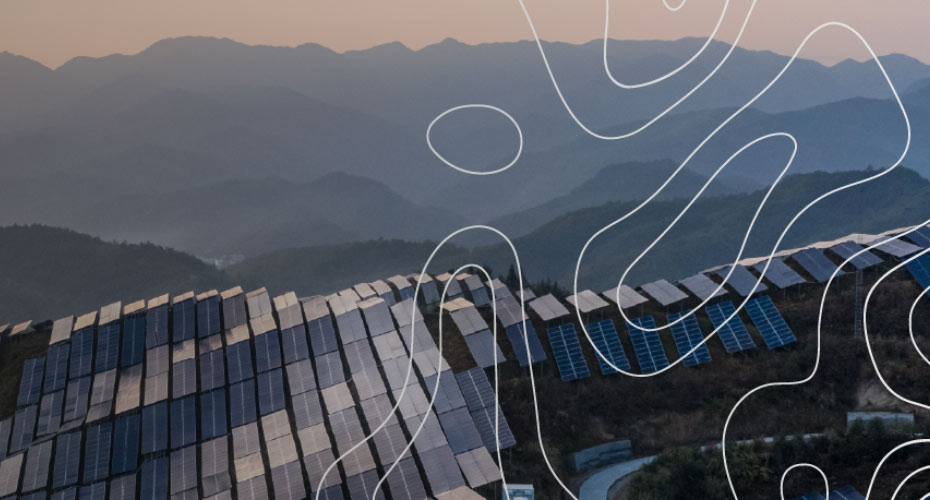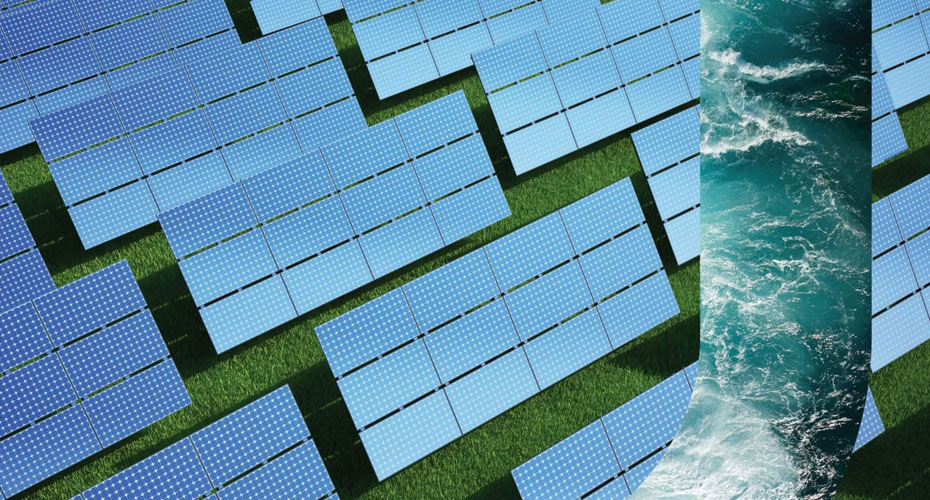Research

Strategy 2030 commits to addressing the climate emergency and ecological crisis, and sustainable research plays a pivotal role in supporting this, not just via research into sustainable best practice for everyone to benefit, but also in the ways in which we carry out our research as an institution.
In August 2024, University of Exeter Vice Chancellor, Professor Lisa Roberts, on behalf of Exeter, signed a voluntary environmental sustainability concordat developed by the UK research and innovation (R&I) sector. The concordat represents a shared ambition for the UK to continue delivering cutting-edge research, but in a more environmentally responsible and sustainable way.
Our world-class environment and sustainability research spans across all three of our faculties, delivering knowledge and solutions that prepare governments, businesses, and whole industries for a more sustainable, healthier future.
Connecting research to industry is a fundamental part of achieving net zero as a region and as a country. We are opening up channels for industry to benefit from our research and to contribute to progression towards a green future. Green Futures has played a key role in this, with organisations connected to the Green Futures Network working towards net zero to open doors to our research and knowledge share. The recently launched Green Future Solutions offers direct access to research-led service provision to accelerate the journey to net zero.
Sustainable Research Thematic Forum
Alongside our research impact, the University is also reviewing how we conduct our research with the aim of demonstrating sustainable best practice.
Similar to our efforts in our education offerings, we have launched the Sustainable Research Thematic Forum to connect the necessary areas of the University required to make significant changes for good with regard to research behaviours. The priority areas being addressed via this forum are described below:
The University of Exeter Sustainable Research Thematic Forum
As the University has rapidly grown so have our laboratories and their usage of vital but high energy demanding equipment. Our deep freezers (typically operating at -80°C, known as ultra-low temperature freezers (ULT)) are frequently purchased as part of grants/projects to maintain samples. Their operation, management and replacement are now being optimised to improve the efficiency of this resource via identifying opportunities for higher temperatures, space utilisation and suitable risk management for equipment failure.
Sustainability in our labs is also being addresses via the LEAF programme.
An equipment sharing database has been developed on our laboratory management system, LabCup. This will allow greater sharing of high-end laboratory equipment and reduce the need to purchase new equipment. Reducing goods consumption is a major challenge for scope 3 decarbonisation and progresses efforts to mitigate our largest sources of greenhouse gas emissions.
Funding is now also being directed at trial schemes and initiatives dedicated to sustainability across our research activities, acting as a breeding ground for innovative solutions to sustainable research.
Anyone interested in contributing to the Sustainable Research Thematic Forum are encouraged to get in touch at sustainability@exeter.ac.uk


.jpg)




